Soil moisture monitoring station, also known as tubular soil moisture monitoring device, is a monitoring instrument used to monitor soil temperature and humidity, soil moisture, soil conductivity and other parameters. It can be widely used in the agricultural field
1. Product Introduction
The tubular soil sensor is a sensor used to monitor soil profile temperature,
soil profile moisture, and soil profile conductivity. It integrates soil
temperature, moisture, and conductivity and can be widely used in smart
greenhouses, smart orchards, smart irrigation and other agricultural engineering
fields.
2. Product Parameters
Sensor start time: 60S
Sensor power supply voltage: DC12V
Sensor supply current: 22mA
Sensor power consumption: 0.26W
Communication method: 485 Modbus RTU protocol
Measurement parameters: 3 layers can be measured simultaneously (the number
of layers can be customized if the number is less than 10 layers)
Measurement principle: A mathematical model is established by measuring the
soil dielectric constant, and a spiral measuring electrode is designed to
measure the soil volume moisture content data.
parameterMeasuring rangeAccuracyResolutionunit
Soil temperature-30~70℃±0.3 (-10~70℃)0.01℃
Soil moisture0~100%±3% (loam soils) High organic matter soils (soil organic
carbon content > 12%) High clay content soils (clay content > 45%)
Calibration may be required for specific soil types due to their dielectric
relaxation properties0.1%---
Soil conductivity0~20000us/cm±3% (0~10000us/cm) ±5% (full range)1us/cm
3. Advantages and characteristics
★A single soil tube sensor can measure soil parameters at multiple depths
simultaneously, and the monitoring depth can be customized (less than 1M).
★The sensor adopts low power design, with power consumption as low as 0.26W,
suitable for long-term unmanned monitoring in the field.
★Each layer of the sensor can independently measure temperature, humidity,
and conductivity parameters.
★The sensor shell is made of imported PC material, which is high in strength,
corrosion-resistant and environmentally friendly.
★The sensor's waterproof rating reaches IP67, suitable for long-term outdoor
monitoring.
★The sensor measures the average humidity in a certain area, making up for
the limitations of single-point measurement.
★The sensor adopts a self-designed spiral measuring electrode to improve the
contact between the sensor and the soil and minimize the measurement error
caused by air gap.
4. Precautions for use
a. The sensor should be used strictly in accordance with the installation and
operating instructions.
b. When multiple sensors work at the same time, they must be separated by a
distance of more than 3 meters.
c. The sensor measurement principle is limited. There should be no
electromagnetic cables and strong magnetic radiation interference within a
radius of 3 meters from the sensor measurement site to avoid huge errors and
damage to the sensor measurement.
d. The installation environment of the sensor should be consistent with the
measurement range of the sensor to avoid irregularities such as over-range.
e. The sensor should be installed away from strong acid, strong alkali, heavy
oil, heavy metal environment.
f. The sensor is a soil measurement sensor. It is prohibited to use this
sensor to measure other substances.
g. The sensor installation environment must not have strong vibration.
h. The sensor cannot be subjected to excessive external force.
i. Disassembly is prohibited. Unauthorized disassembly is considered as
non-compliant behavior and no service will be provided subsequently.
5. Installation method
Drilling method:
1. Take the drill bit, handle and support rod. After completion, place the
drill vertically on the ground, hold the handle tightly with both hands and
press down clockwise to rotate slowly. (Note: Do not use too much force, and be
sure to rotate slowly for several circles to prevent the drill bit from
deviating and causing the hole to be crooked)
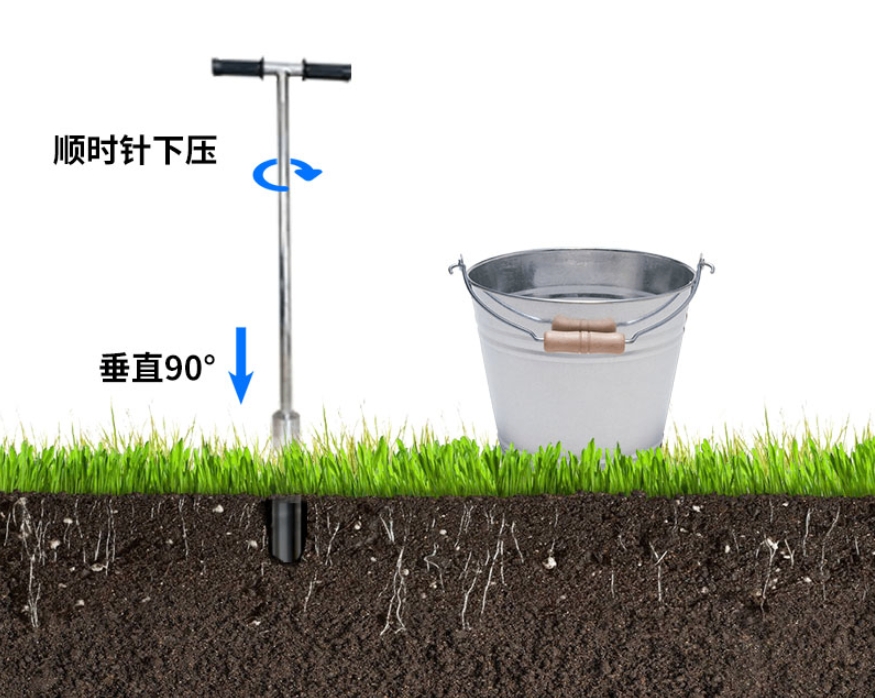
2. Take the soil auger out of the hole, put it in a basin, and use tools to
collect the soil drilled into the basin for mixing with mud. (Note: The first
drilled soil is not collected because it has too many impurities)
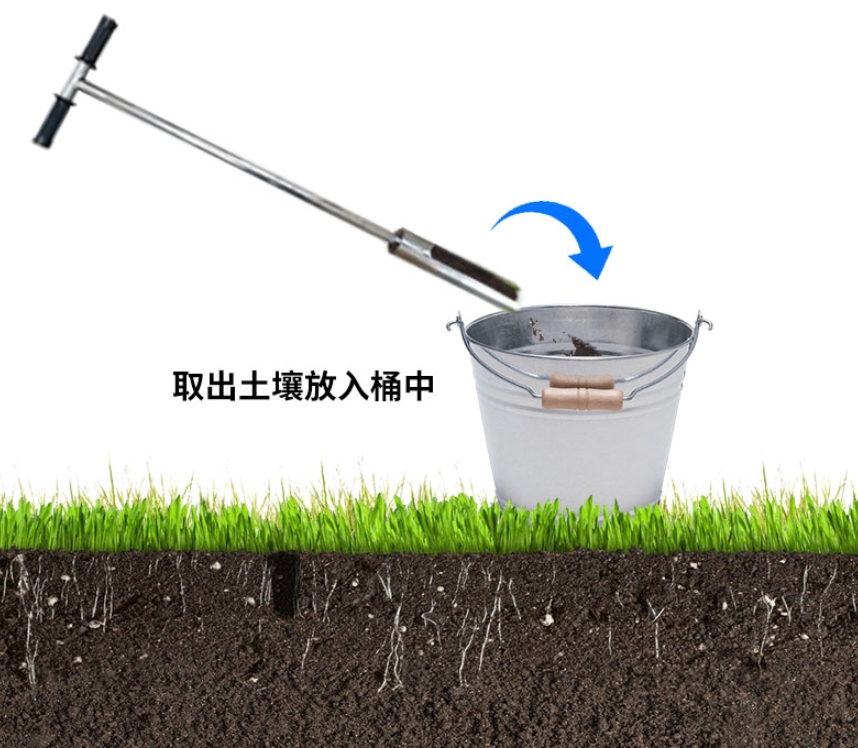
3. Repeat the above drilling and soil extraction process, and try to gently
place the sensor into the hole (do not force the device to touch the bottom) to
test whether the depth of the hole is appropriate; if there is a jam, use the
soil extraction drill to correct it to ensure that the sensor is smoothly
inserted and removed; until the hole depth is flush with the installation
position marked by the sensor (zero scale line), the drilling is completed.
4. Pick out the soil impurities, stones, roots, and insoluble soil clods in
the pot. Rub the soil into a fine powder to make it easier to mix with mud.
5. Pour in an appropriate amount of water and stir thoroughly until it
becomes viscous; loam mud should generally not be thicker than "sesame
paste".
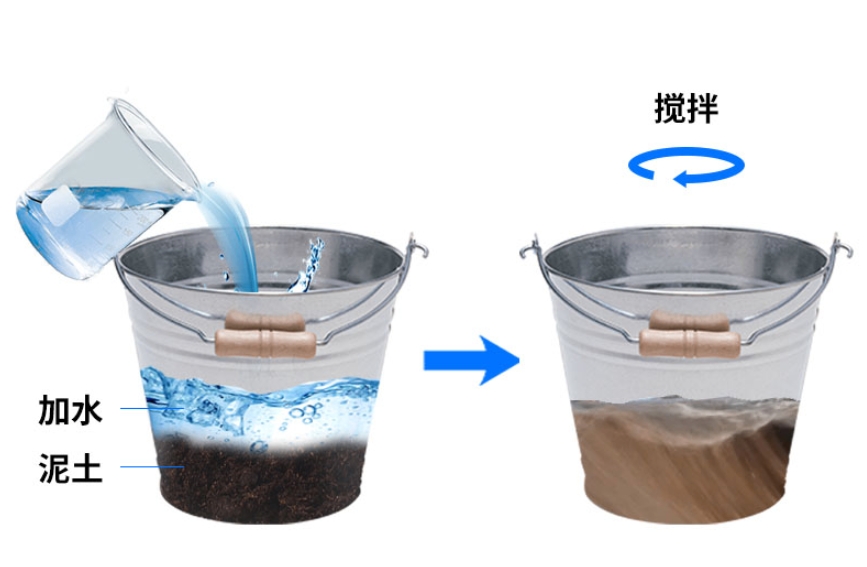
6. Slowly pour the mud into the hole, about 1/2 of the hole; the amount can
be increased or decreased as appropriate based on actual conditions.
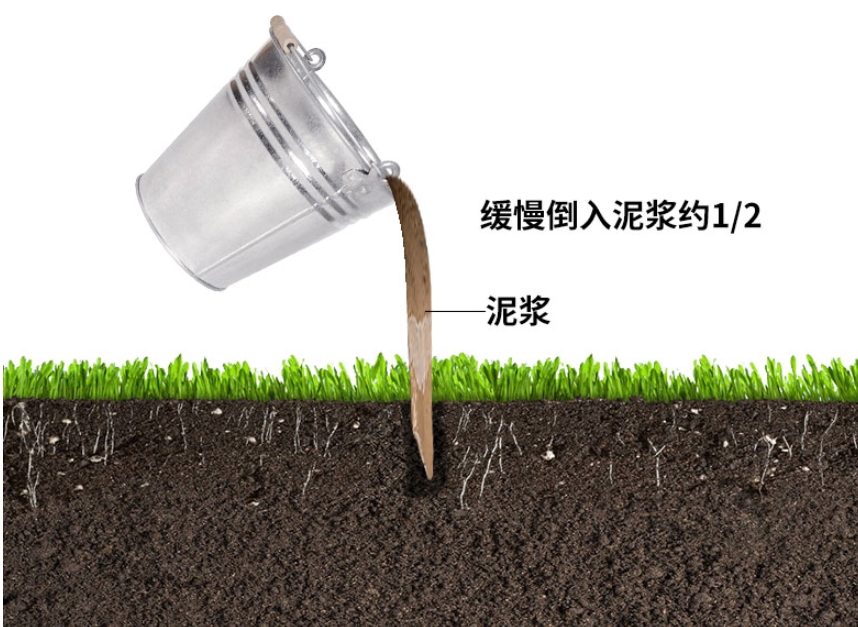
7. Slowly put the sensor into the hole, turn it clockwise and press it down.
Too fast may cause the bubbles to not be completely discharged. (Note: Do not
pull up the sensor during the turning and pressing process to prevent the gas
from being sucked into the hole again)
8. When the sensor is installed to the correct depth, some mud will overflow
around the device, and the grouting is completed; at this time, the sensor
installation depth is flush with the hole. (Note: remove the excess mud outside
3CM around the sensor to prevent agglomeration from affecting water
infiltration)
Burial method: Use a pickaxe to dig a deep pit for the sensor, and bury the
sensor with mud. Refer to the drilling method for processing details.
Product address:
http://www.25561.cn/en/turang/1121.html 
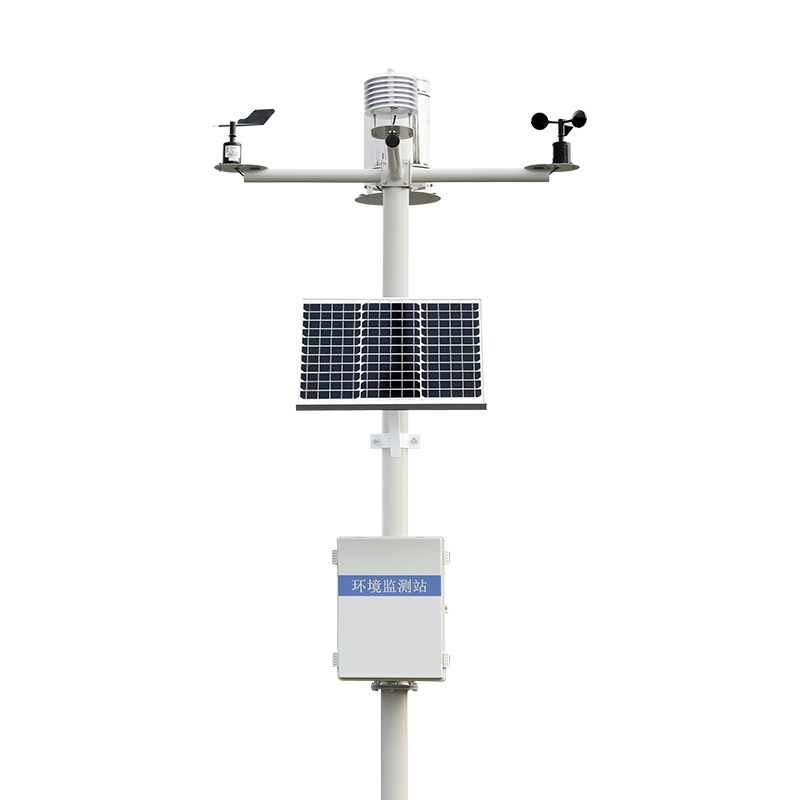
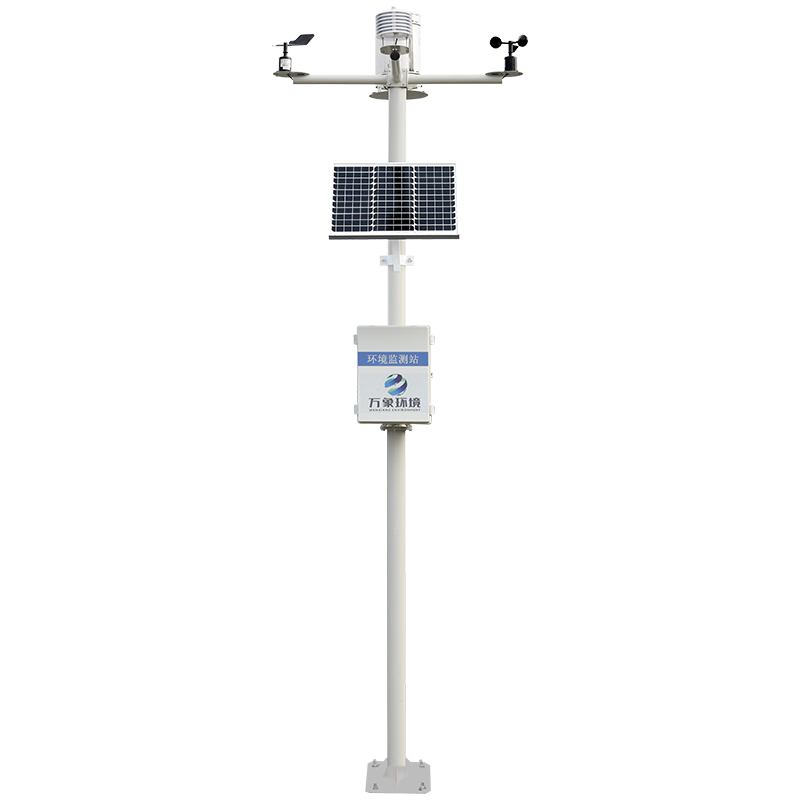
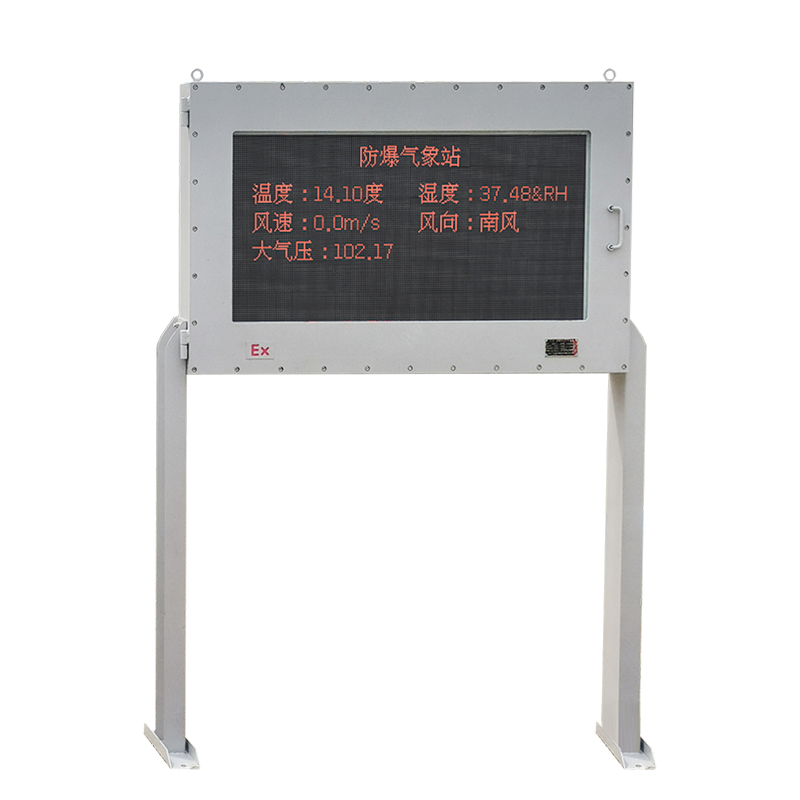
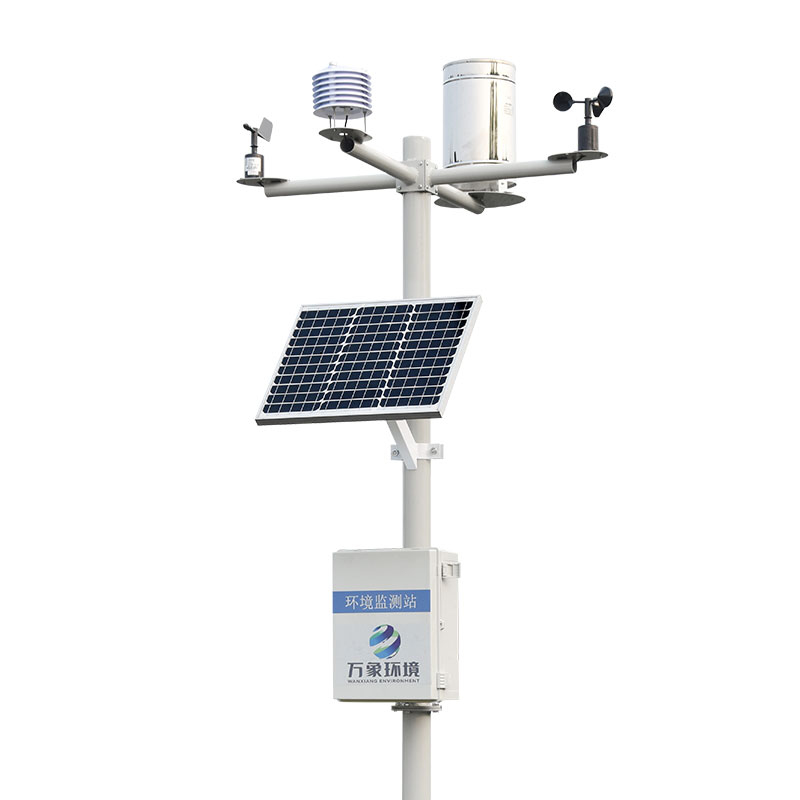
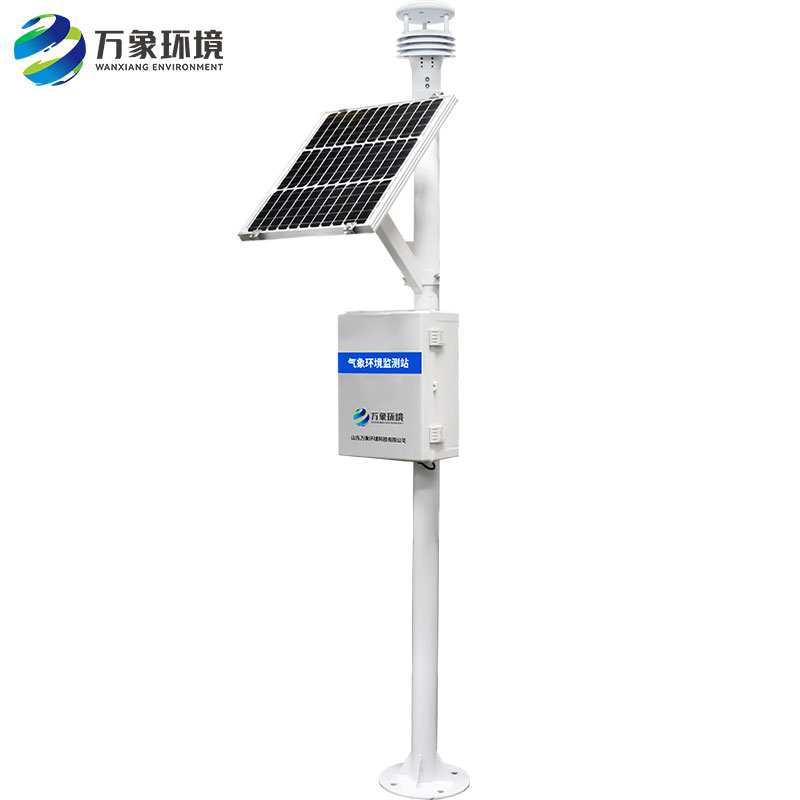
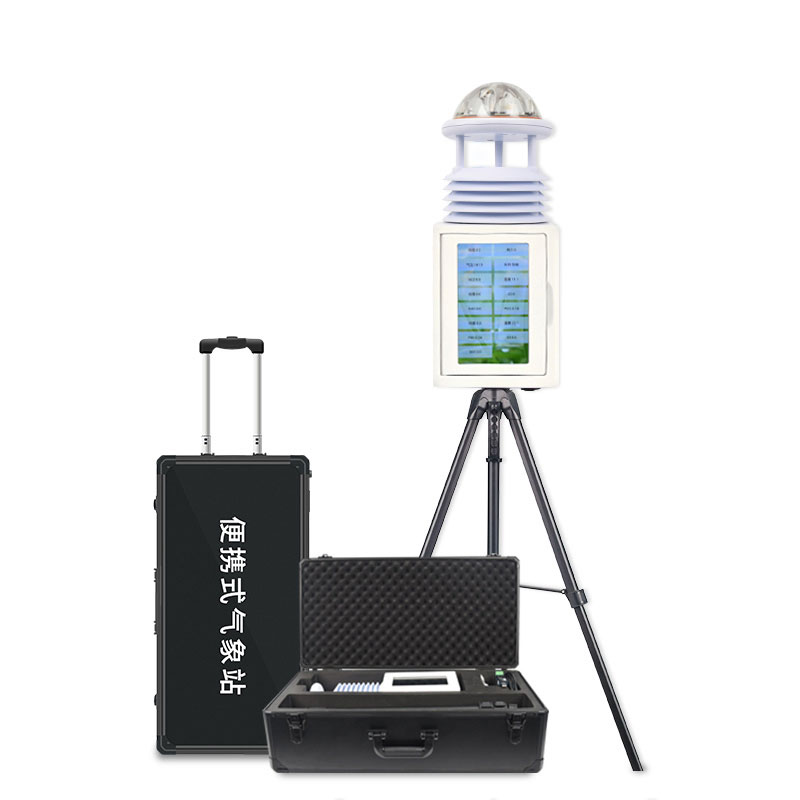




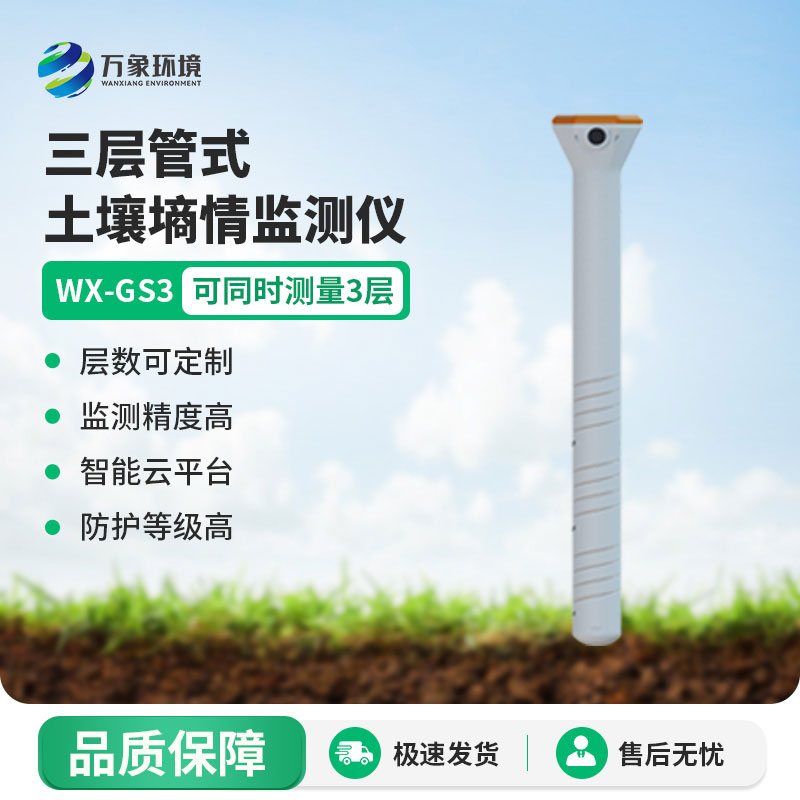
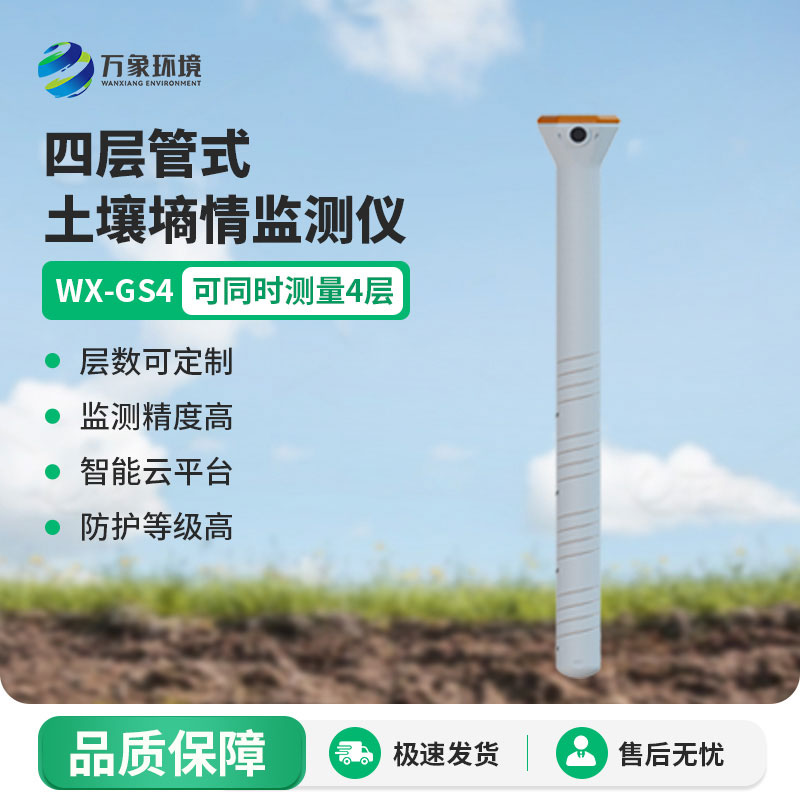
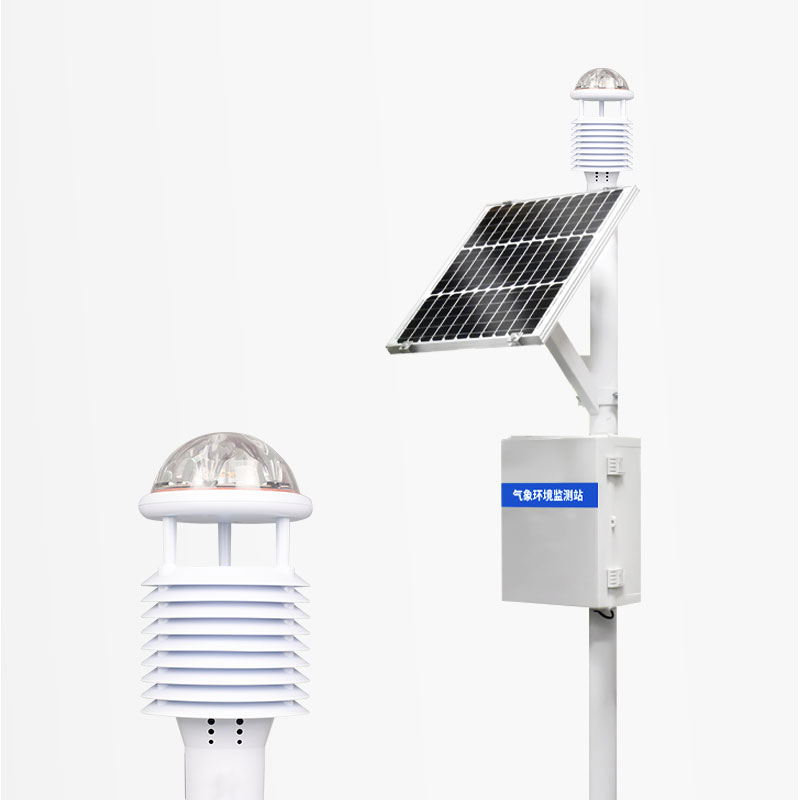
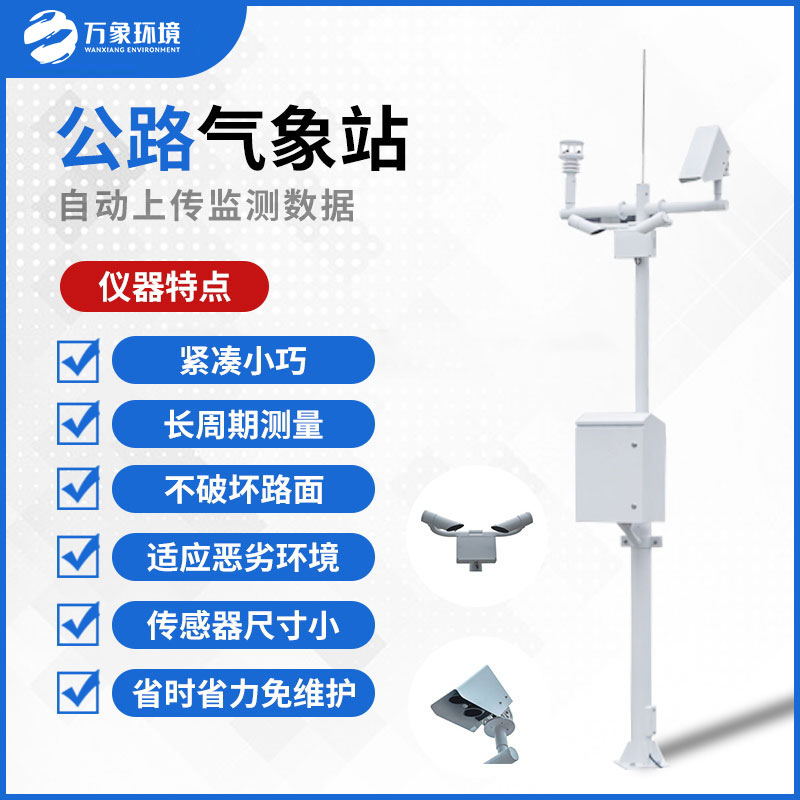
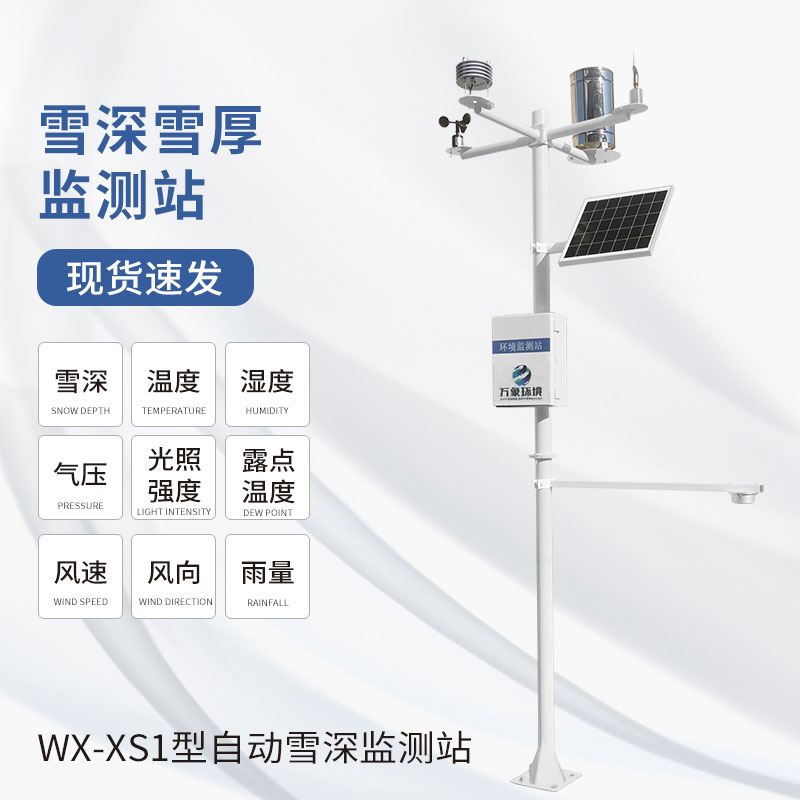






 Home
Home phone
phone Product Overview
Product Overview Contact Us
Contact Us